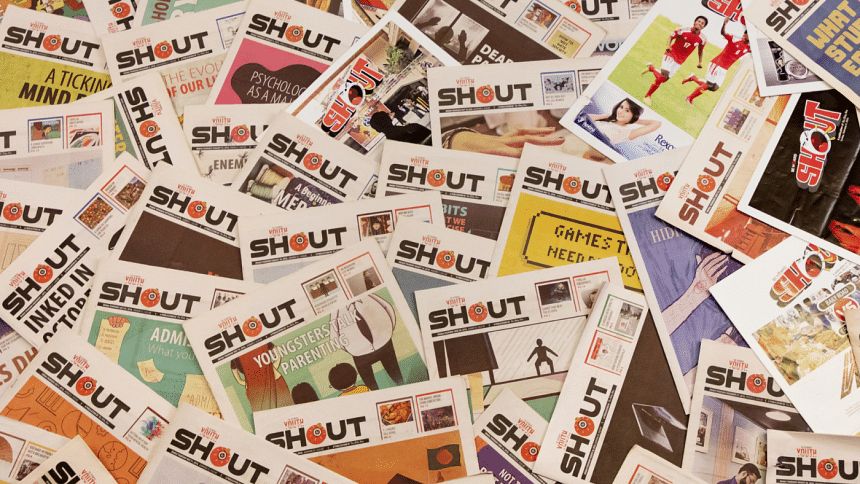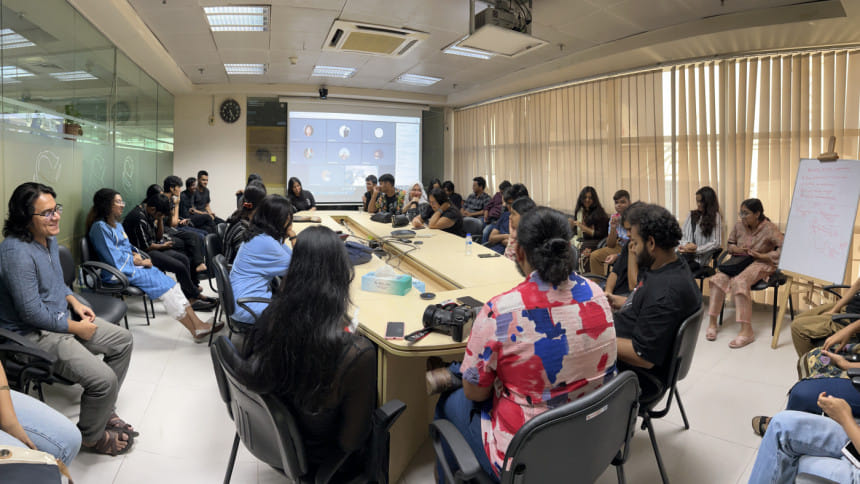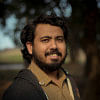The Definitive Youth Magazine

It's easy to get myopic when you work for a newspaper. The publishing cycle dictates most things in life. Preparing an issue of SHOUT every week for the last five years drove me to a point where all I could ever see was the issue that came out last week, the issue that is about to come out this week, and the issue that will come out the week after.
On the eve of SHOUT's ten-year anniversary, I'm going to take a moment to step back and look at the bigger picture. SHOUT has been around since July, 2013, and it has done its best to stay true to the mandate of being a platform where the youth get to voice their thoughts, opinions, concerns, and aspirations. The youth, however, is fickle. It's fickle in the sense that as humans age, and the world changes around them, their thoughts, opinions, concerns, and aspirations all shift in tandem. The youth magazine whose job it is to reflect the youth's mood thus has a complicated task in its hand.
SHOUT, in its ten years of existence, has had multiple personalities. I consider myself immensely fortunate because I was there when the magazine was five months old, and now I have the privilege of being its editor ten years down the road. I have seen all of SHOUT's personalities, contributed in moulding many of them, and that gave me a direct channel of communication with the youth in Bangladesh. The insights it gave me were sometimes predictable, sometimes surprising, but more often than not, humbling. Young people in every generation are smarter, more driven, more resourceful, and better placed to fit into the world around them.

Consider 2013, the year of SHOUT's birth. The general consensus during that time would have been that an English language youth magazine in Bangladesh should primarily cater to the English-speaking urban youth, most of whom are either graduates or students of English medium schools. Their tastes and preferences would align more closely with that of a teen in the English-speaking global west than to the average Bangladesh teenager.
But SHOUT's unique feature as a publication has been its ability to take stock of what the youth is trying to say. What has helped in achieving this is SHOUT's adherence to the policy of always letting young people write for it. From the start, SHOUT has maintained a group of young contributing writers, who are the source of the ideas for the majority of articles that get published. Young people don't like being told what to do by older people, they like relating to their peers and learning from shared experiences. Young people are the most passionate demographic out there, they know what they care about and they care about those things with all they have. A disconnect is created every time older people try to assume what young people want to know, or worse, try to force them to do things. I think SHOUT has managed to avoid that disconnect, and it's one of the main reasons so many of our readers have loved us.
Moving on from its initial days, SHOUT's focus on recruiting talented writers and allowing them to dictate the tempo of the magazine meant that the magazine had to be fast on its feet. The mid-2010s, for those who remember, was defined by the proliferation of internet and social media access among the Bangladeshi youth. It made drawing hard lines between different parts of the youth demographic difficult, and unnecessary. Young people had moved on from things such as the Bangla medium vs English medium debate, they now cared about things that affected them all, no matter their backgrounds.
During this time, SHOUT found the knack of speaking about day-to-day issues under the cover of humour. Reimagining the world that young people occupied became a mainstay, SHOUT started offering a level of escapism for its writers and readers. Articles like "A dog sees Dhaka" and "Eid 2117" did more than just make our readers smile and laugh, it reflected the youth's desire to see things differently, to maybe see some change.
Throughout this period, right until the Covid-19 pandemic, SHOUT went back and forth in catering to the side of the youth that wanted to distract itself from the outside world, and the side that wanted to face the difficulties of the real-world head on. Our hand, however, was forced when the world shut down in March, 2020. The whole world was desperately trying to distract itself, and it made little sense for SHOUT to be a part of that chaos. Blunt honesty and clarity was the need of the day.
The weekly SHOUT meetings with contributors moved online, and there, it was clear to see that the youth were worried. Their lives were on hold, and the world that they might go back to at some point did not seem inviting. If young people were suffering, however, SHOUT had to join in with them. We identified mental health, climate change, women's rights, the local education sector, and early-career prospects for the youth as some of the topics we were going to focus on going forward.

Young people have always loved to have fun, as they do now, but what probably separates the 2020s youth from any other time in history is the alarmism that these times bring. The state of the climate crisis, the heightened tension of global politics, or the economic downturns taking place across the world, none of these things escape the youth's attention thanks to the information overload. At SHOUT, we realised we had to capture these issues from the youth perspective. If that meant going against the traditional assumption that the youth are all about positivity and laughs, then we had to do that.
And that brings us to the present, which also happens to be the end. SHOUT's goal to be the voice of the youth took this magazine, and all who were involved with it, on a magical ride into the depths of the hearts of the Bangladeshi youth from 2013 to 2023. I will be the first to admit that SHOUT was never perfect, but that was never the intention. Being the definitive youth magazine means being at one with the youth, and hopefully, that has been achieved.
Azmin Azran is the editor of SHOUT.

 For all latest news, follow The Daily Star's Google News channel.
For all latest news, follow The Daily Star's Google News channel. 








Comments